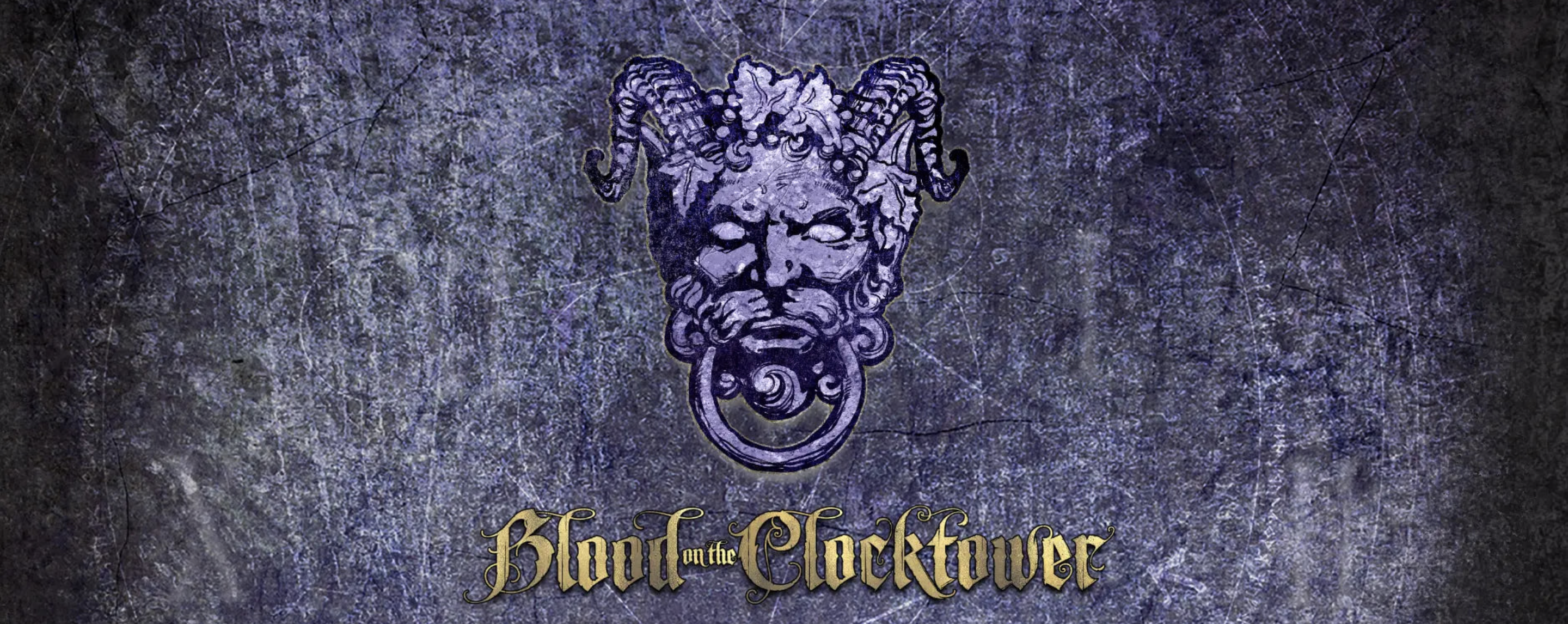Blood on the Clocktower (hereby shortened to Clocktower), created by Steven Medway and published by Pandemonium Institute, is a deduction and bluffing game. Though it is traditionally a board game, there are some scripts available online and it can be played through any group video call platform. With up to twenty players, teens and adults can play the game with their family, friends, or even strangers. For our critical play, we played with the Extension Cord script.
Clocktower accentuates the elements of social deduction by providing diverse character roles and unique abilities, fostering interaction and manipulation. By presenting a lot of (potentially false) information, enabling both private and public discussions, and giving freedom to the storyteller, Clocktower creates an immersive social deduction experience that engages social deduction fans and non-fans alike.
An intentional design choice Clocktower makes is to actively involve all players, even dead ones. To begin, every player is given a unique character with unique abilities. These characters fall into different factions: townsfolk and outsiders, minions and demons. Those who have died are not mere spectators—in fact, some abilities only activate after a character has died, like the Ravenkeeper. Ghosts can still theorize, discuss freely with other players, and even vote once more. Often, it is the ghost vote that determines the end game. In classic mafia, the only player with information is the detective, leaving civilians with no other leads to follow. In Clocktower, these abilities ensure that information (again, potentially false) is consistently given throughout the game. I’m not a fan of traditional mafia because, as a civilian, I find it lacks engagement, and as the mafia, I find the bluffing lacks depth. These quirks in Clocktower take a game the traditional social deduction game from blind guessing to strategically divulging information. The incorporation and complexity of the information forces players to engage in dialogue, cross-check details, and uncover characters.


![]()
While the evil team is acting as townsfolk, townsfolk may be pretending to be other townsfolk too, like the Pixie, to maximize their ability. However, because we only had a few players, I chose to expose myself as the Pixie with knowledge of the Dreamer early on to my friend, to gain trust of the other townsfolk. Other townsfolk may intentionally be suspicious to get nominated (see Virgin), in hopes of drawing out the evil team. With more substance for bluffing, the designers created more room for expression as well. There’s ample room for creativity in character play, influenced not only by the characters in the game but also by your familiarity with your fellow players.
To communicate this information, Clocktower sets the first part of daytime for mingling and private discussion, before bringing everyone back for public discussion (and execution). In private discussions, those who convey valuable knowledge are more likely to be trusted as the good team. In our game, suspicion immediately fell on the two players who abstained from private discussion in the first round, as they were perceived as potential members of the evil team. Even players who divulge information publicly before doing so privately are more likely to be suspicious, as they have not built rapport of the townsfolk yet. One of the suspected players said he was the Soldier only after we asked him for his role. He was confirmed as the demon later. As such, forming alliances and fostering fellowship are core dynamics to playing Clocktower.


Undeniably, the greatest deceiver in the game is the storyteller. Like werewolf and mafia, the storyteller reports the happenings of night. However, in Clocktower, the storyteller also chooses the roles that will be in game (with certain restraints) and moderates abilities. The storyteller heavily sets the mood of the game. Storytellers can heighten tension by being strict on discussion time, while others will allow the discussion to reach some sort of conclusion. Perhaps the greatest limitation of Clocktower is having an inexperienced storyteller. To excel as a storyteller, you must master all the scripts, select suitable characters, and craft a balanced game for everyone to enjoy. For example, our storyteller put in the Poisoner with the No Dashii even if there were only three townsfolk, though it would’ve been better to choose the Marionette. On the first night, all the townsfolk were poisoned. To balance the game, our storyteller decided to give two of three townsfolk true information, as that was the only chance for some characters to obtain information.
The misinformation and hidden roles allow for deduction and deception, while the overload of information presents more puzzle and strategy. The balance between good and evil characters are well thought out, even those with seemingly overpowered abilities. As someone who typically avoids social deception games, Blood on the Clocktower is one I’ll gladly make a night of.




